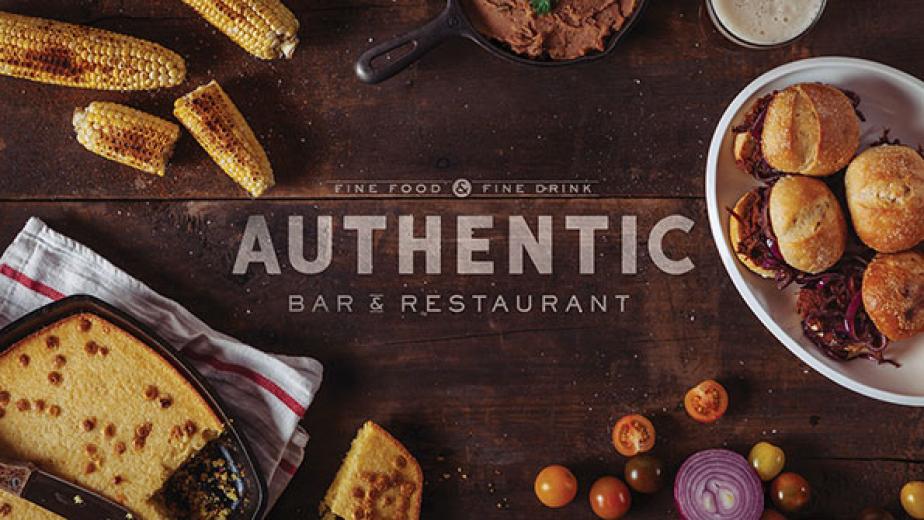1 4
1 4
Authenticity isn’t necessarily about recreating the past or being culturally exact. Perhaps that’s because in the recent past the word "authentic" has taken on a slightly different form. As the Gen Y voice has taken hold, it has become clear that for Millennials, authenticity is about having a story and staying true to it. Whether centuries old or born yesterday, the origin is critical. And the values messaged are of equal importance. Being authentic means making a strong statement and living up to it in every aspect of the experience.
Rubio’s is a concept conceived in 1983 by Ralph Rubio following several spring break “pilgrimages” to Mexico. Today, Rubio’s still tells the story of Ralph’s time on sunny Mexican beaches, his instant love of fish tacos and his commitment to bringing them first to San Diego and then beyond.
Customization is all about putting the customer in control or at least perceived control. Regardless of whether diners are part of the cooking process or just have the ability to select ingredients, they still want to be led in a direction. Delivering on the promise of being a customized restaurant is not about letting your diners craft a meal from scratch, but making small adjustments to an existing item to give it a truly personalized feel. Smashburger has this down, taking the burger and allowing people to personalize it in innumerable ways.
Fresh is not just about using organic produce. While using fruits and vegetables is certainly important, it goes beyond green garnishes. Customers want food they recognize—food that has been minimally processed, that makes sense for the season and doesn’t feel, look or taste like it’s been sitting under a heat lamp for hours. It’s about an appreciation for the ingredients—celebrating them, not hiding them under a flood of bottled sauce. And, beyond the food, fresh is an attitude, one that is bold in its stripped-down nature and unafraid to take a stand. Using simple yet colorful design and messaging and minimizing service, fresh lets food take the lead.
Relatively new on the scene, Shophouse (owned by Chipotle) does this well, offering a variety of Southeast Asian noodle bowls. It puts bright, colorful ingredients right in front of the customer and communicates its thoughtful approach to food across all experiential interactions.
"Local" is often a scary word for restaurants; it brings to mind expensive ingredients and limited access. But customers don’t want to pay extra-high prices for truly local food. Local is also a way of being. It means creating a handcrafted, neighborhood vibe. Showcasing the cooks behind the kitchen door helps build character specific to that location. Shared tables encourage casual conversation among friendly strangers. When all aspects of the experience are considered, chains stop feeling like chains; instead, they cultivate a feeling of community that customers value.
Sweetgreen’s online video, “Meet the farmer,” as well as the chain's community involvement and frequent messaging about sourcing and friendly food preparers, all exemplify the essence of local.
All photos by: Tim Radville, Marisa Bohlmann, and Patrick Bitchell

